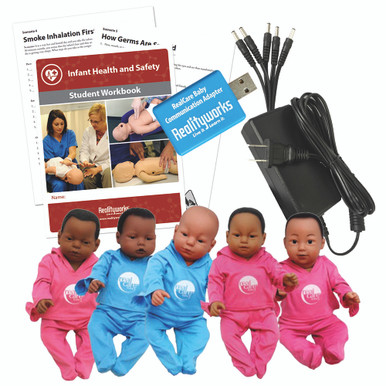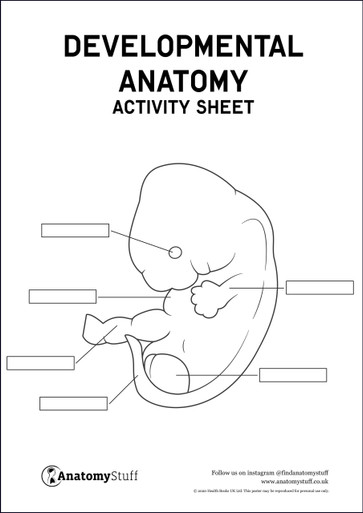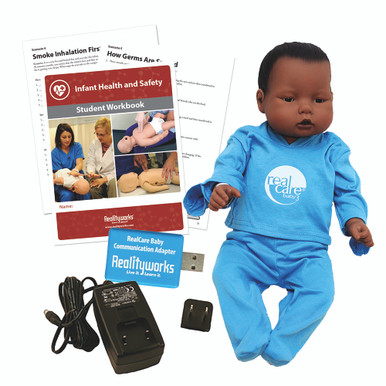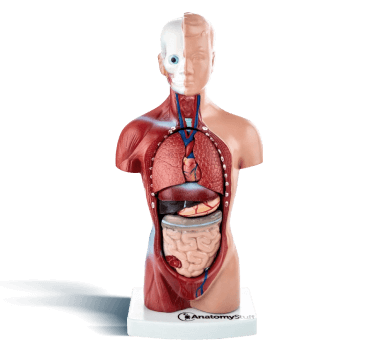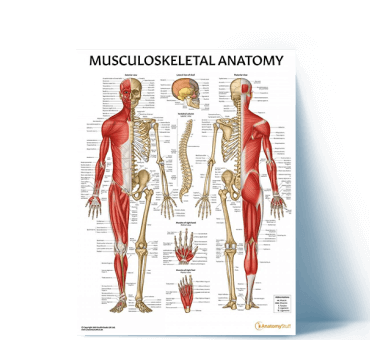SIDS – What You Need to Know
It’s every parent’s worst nightmare. It keeps parents and expectant parents awake at night, destroys families, and can turn worlds upside down. We’re talking about sudden infant death syndrome, also abbreviated as SIDS.
Here in the UK, it is estimated that around 200 babies will die unexpectedly and suddenly every single year. While no parent ever wishes to think about the possibility of this happening, most can take solace in the fact that it is highly unlikely.
SIDS, which some people refer to as ‘cot death’, has no obvious causes, though there are things that parents can do to reduce the risk of it happening, including placing the baby on their back as they sleep and refraining from smoking during pregnancy, and after giving birth.
Here’s a more detailed look at what you need to know about SIDS.
What is sudden infant death syndrome?
Sudden infant death syndrome, or SIDS for short, is the sudden and unexplained death of a seemingly healthy baby for no apparent reason or cause. Most SIDS cases are in babies under six months old, though babies up to one year of age are at risk. Premature babies or babies born underweight are at a greater risk than babies of normal weight that are not premature.
Usually, sudden infant death syndrome occurs when a baby is asleep, which is why it is also known as cot death.
What causes SIDS?
While the precise cause of SIDS is unknown, research has found evidence to suggest that a brain defect in the child within the portion of the brain responsible for breathing and waking up from sleep could be the cause or, at least, a contributing factor.
The evidence collected at this stage suggests that SIDS could occur during the baby’s development, particularly in babies that are vulnerable and sensitive to environmental stresses. Often, these are associated with being born prematurely or underweight and malnourished.
As far as environmental stresses, these can be any number of factors. Some common examples include cigarette smoke, breathing difficulties, underlying illness, getting tangled in bedding, or minor trauma. While data is still being collected, some experts have also found a link between co-sleeping and an increased risk of SIDS.
Babies that pass away through SIDS often have issues with how their bodies respond to stress and regulate their heart rate, breathing patterns, and temperatures.
Free PDF Downloads
View AllWhat can you do to reduce the risk of sudden infant death syndrome?
One of the most heart-breaking and devasting things about SIDS is that there is no obvious cause. Sometimes, it can strike randomly out of the blue and affect babies that appear to be pictures of health.
While the exact cause is unclear, there are still a number of things you can do to reduce the likelihood of SIDS.
These include:
Always place your baby on its back to sleep. One of the most effective ways of helping to prevent SIDS is by placing your newborn on its back to sleep.
Try to breastfeed your baby. If possible, try to breastfeed your baby, as breastmilk provides proper nourishment, and there are a plethora of health benefits associated with breastfeeding.
Place your child in the feet-to-foot position. The ‘feet to foot’ position while resting and sleeping has been found to reduce the risk of SIDS. The feet-to-foot position is where their feet touch the end (foot) of the cot, pram, or Moses basket.
Never cover your baby’s head. When resting or sleeping, you must ensure that your baby’s head is uncovered. Their blanket should be tucked at shoulder height at the absolute limit.
Sleep in the same room as your baby for six months. If possible, try to ensure that your baby sleeps in your room for the first six months of its life. While the chances of SIDS occurring are highly unlikely, being in the same room as you means that you can keep an eye out and spot possible risks and dangers before they happen.
Don’t smoke when pregnant or after giving birth. While pregnant and after giving birth, refrain from smoking and ensure other people don’t smoke around you when pregnant or in the same room as your baby after you’ve given birth.
SIDS is a sad and dreadful happening, but with more research into the possible causes, hopefully, in time, scientists will discover why it happens and so help to prevent it. In the meantime, reducing the potential risks may help.
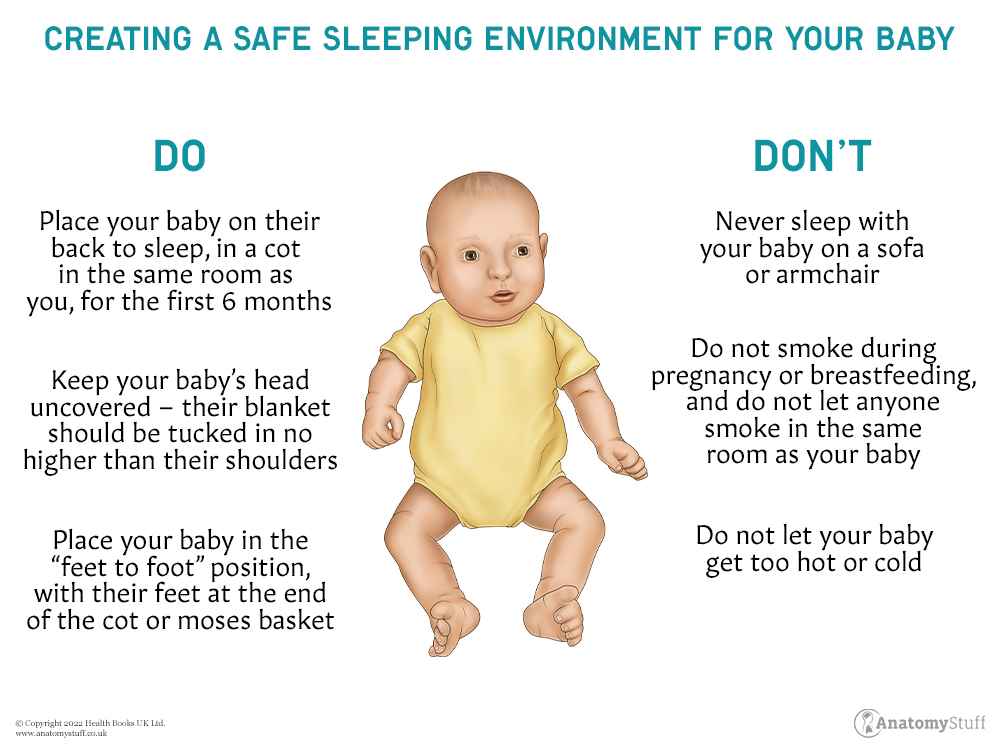
For more support, visit:
https://www.lullabytrust.org.uk/,
https://www.sands.org.uk/usefullinks
Related products
View All